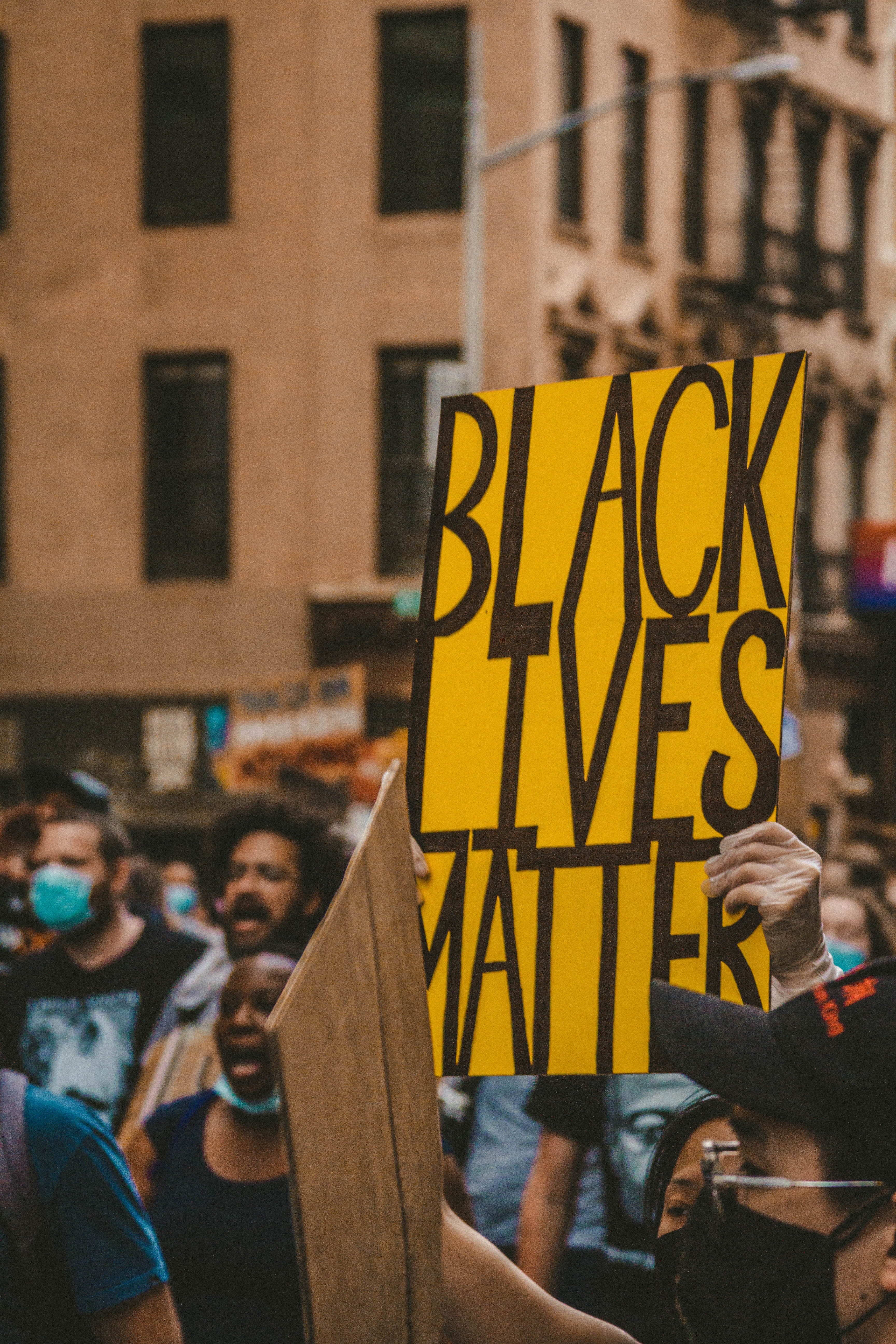In the third blog in our MSc Research Series on equity, diversity and inclusion (EDI), we hear from Andritha Rebello, MSc Human Resources and Organisations student in LSE’s Department of Management. Inspired to study EDI through her own life experiences, Andritha’s dissertation looked at the impact sexual diversity had on employee perceptions of, and their commitment to, an organisation.
Why I chose to research EDI
Having been born and raised in India, which has been generalised and stereotyped often, I began to realise at an early age how heterogenous the nation actually was. Growing up, I never understood why certain groups of people were excluded in society, why ideas from some were disregarded despite them being valid, and why differences were often looked down upon rather than appreciated.
I strongly believe a workplace that is diverse and fosters an inclusive atmosphere can have infinite advantages. At my former workplace, I would actively attend wellness and resilience events centred around diversity – like Pride talks – and try to better understand this space. During the MSc Human Resources and Organisations (HRO) programme, I was actively involved in the EDI student initiative, which some of my course mates and I co-founded at the start of the programme. Learning from my peers and industry experts about EDI topics fuelled my interest even more. This ultimately led me to conduct research in this space during my Master’s at LSE.
My research question and the method I used to explore it
The part of my research that dealt with EDI was whether a good construct of sexual diversity in organisations had a positive moderating role between employer branding (EB) and affective organisational commitment (AOC).
Affective commitment can be defined as the emotional attachment one has an organisation. Employer branding is the way in which organisations differentiate themselves in the labour market, enabling them to recruit, retain and engage the right people.
All participants were employed in India, so the research was set in a pure Indian context. This research was conducted using a quantitative approach using surveys, with 178 fully completed responses collected. The sample size was relatively young (in their 20s and 30s) and the survey was circulated using a snowballing effect (i.e., it was shared with friends, family, colleagues and other connections who were encouraged to fill it out and then share it within their networks).
After the data was collected, the information was analysed using a statistical tool (STATA) which enabled several inferences to be made about the responses.
Some of the thought-provoking findings that practitioners should be aware of
Sexual diversity wasn’t found to have a positive moderating effect between employer branding and organisational commitment. This was a surprising finding, as I had anticipated that sexual diversity would be considered important by the young sample size. This signals to practitioners the need to focus on diversity training in organisations, so that people understand the importance and benefits rather than viewing it as a regulatory need.
Furthermore, it suggests that, in the context of COVID, individuals probably saw other factors such work life balance, family time, etc. to be more important than sexual diversity in the workplace.
Some ideas for future research based on the study I conducted
Future research in this space could identify how sexual diversity plays a role in EB, and how EB techniques can be adjusted to include sexual diversity to foster employee commitment.
Other forms of diversity, such as cultural diversity and gender diversity, could also be explored in this regard.
Advice I have for others looking to study EDI
Don’t be hesitant – just go for it! Since this space is gaining more recognition only recently, it can often be challenging to navigate resources and tools. However, by capitalising on the right materials and mentors, you can learn so much more beyond your research question.
I would recommend reading articles published by magazines and papers like Forbes and the Guardian in addition to academic research, as they have personally broadened my knowledge in this realm tremendously.
Notes:
- The post represents the views of its author(s), not the position of LSE’s Department of Management or the London School of Economics.
- Connect with Andritha Rebello on LinkedIn.
- Feature image by S O C I A L . C U T on Unsplash.






Hi Andritha ,
I think the topic of your research and the angles you have chosen to understand how ‘ an acceptance’ of sexual diversity >>> is impacting and impacted by<< when they are respected and appreciated just as they are….because every person in the world wants to ‘belong’ ,and so the search for identity will always be the biggest quest whether inside or outside the work place.
Great job Andhru.